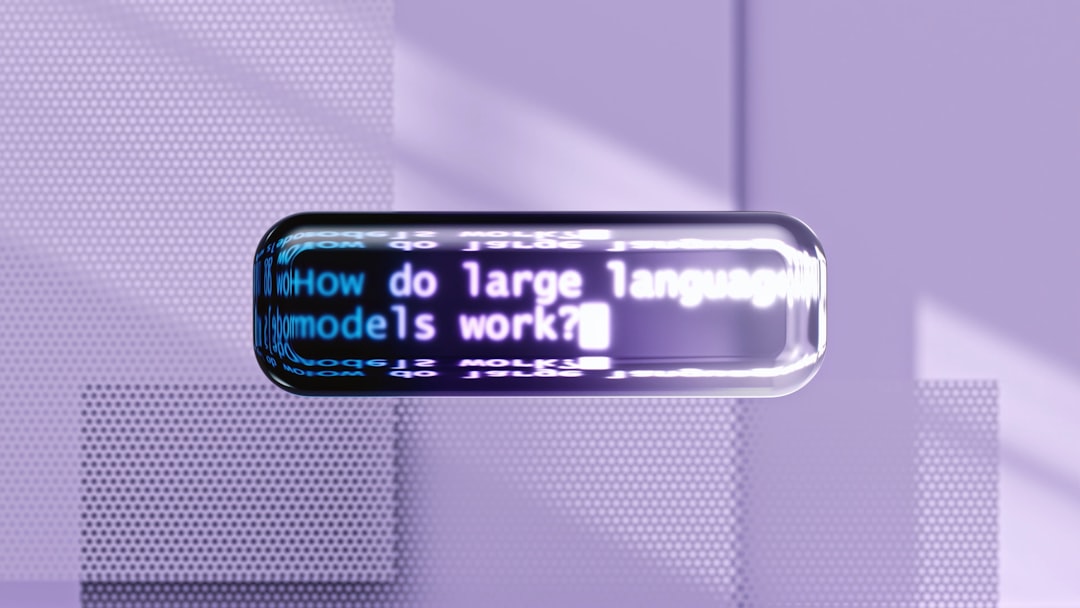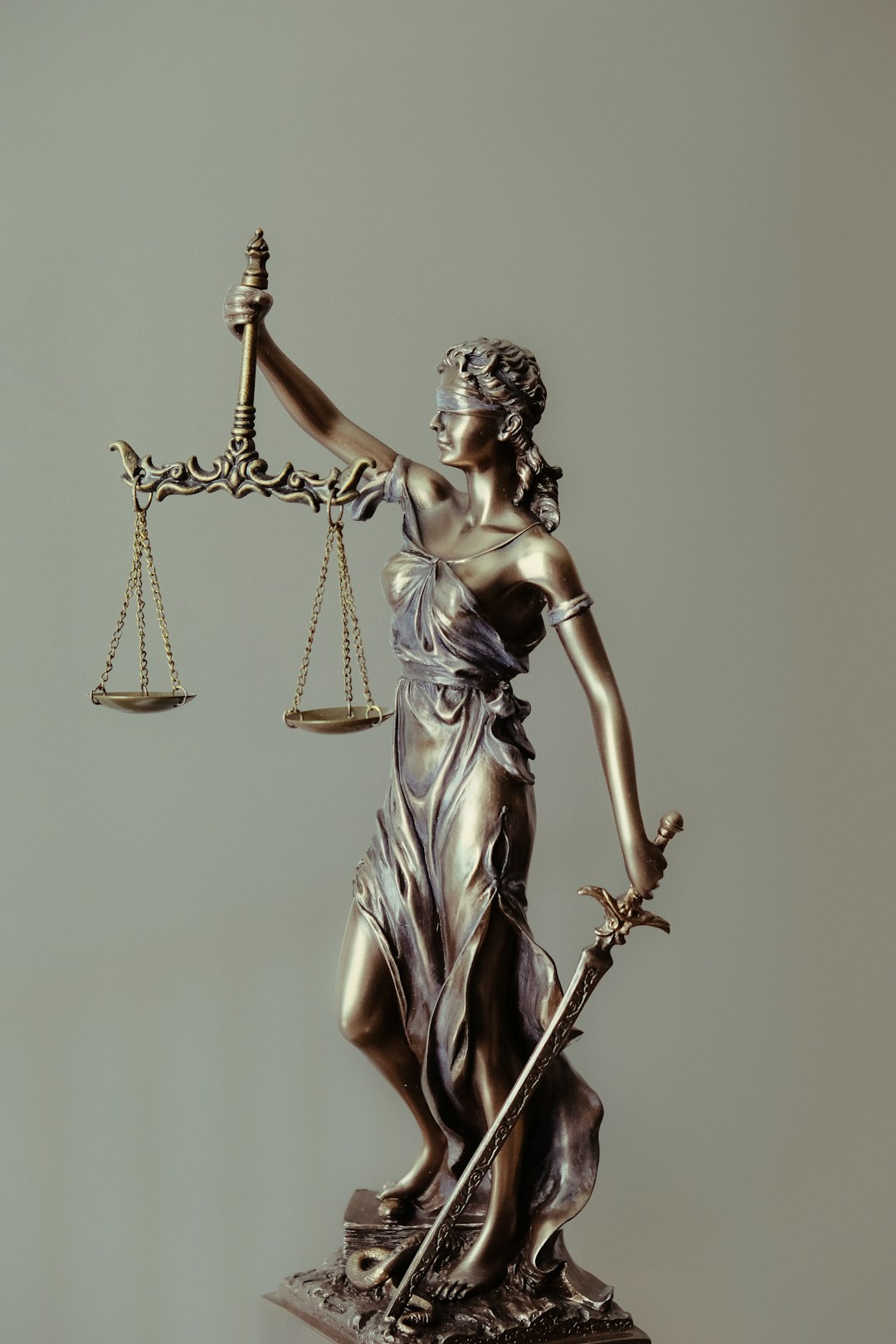In Los Angeles, digital evidence plays a crucial role in prosecuting elder abuse cases, especially sexual assaults against the elderly. Elderly sexual assault lawyers leverage electronic data from sources like texts, emails, social media, and security footage to uncover misconduct. They navigate digital forensics to ensure this evidence adheres to California's strict admissibility standards while balancing privacy rights. These legal professionals must possess specialized knowledge to handle and interpret digital assets effectively, employing expert witnesses and strategic tactics to present compelling cases and secure justice for their clients in Los Angeles.
In the digital age, the admissibility of electronic evidence plays a pivotal role in elder abuse trials, especially in cases involving sensitive issues like sexual assault. Los Angeles, with its complex legal landscape, requires an understanding of how digital forensics can strengthen or challenge cases. This article explores the intricacies of presenting digital evidence in LA’s courtrooms, focusing on strategies employed by elderly sexual assault lawyers to ensure fairness and accuracy. By delving into relevant legal frameworks, we uncover effective methods to navigate the challenges presented by this evolving area of law.
Understanding Digital Evidence in Elder Abuse Cases
In the context of elder abuse trials, digital evidence plays a pivotal role in uncovering and proving instances of misconduct. This includes various forms of electronic data such as texts, emails, social media posts, financial records, and security footage—all of which can provide crucial insights into potential cases of sexual assault or exploitation against elderly individuals. Los Angeles, with its bustling legal landscape, sees numerous elder abuse cases where digital evidence acts as a powerful tool for elderly sexual assault lawyers.
These lawyers specialize in navigating the complex web of digital forensics to extract and present admissible evidence in court. The admissibility of digital evidence is determined by its relevance, authenticity, and reliability, ensuring that it meets the strict standards set by California’s legal system. With the ever-evolving digital landscape, understanding how to handle and interpret this evidence is essential for securing justice in elder abuse trials.
Challenges in Admitting Digital Evidence
The admissibility of digital evidence in elder abuse cases, particularly those involving sexual assaults, presents unique challenges for both legal professionals and judges in Los Angeles. With the proliferation of technology, digital data has become a crucial component in many investigations, but its use in courtrooms is not without hurdles. One significant issue is the authentication of such evidence; proving that the digital content is genuine, unaltered, and relevant can be complex. This is especially true in elder abuse cases where the alleged crimes may have occurred years ago, making it difficult to verify the integrity of electronic records.
Furthermore, the privacy concerns surrounding digital data are another barrier. Protecting sensitive information, such as medical records or personal communications, while ensuring their admissibility, requires careful consideration. Elderly sexual assault lawyers in Los Angeles must navigate these challenges, balancing the need for justice and the right to privacy. They often employ expert witnesses and specialized techniques to address these issues, ensuring that digital evidence is presented in a legally sound and ethical manner.
Legal Framework and Precedents in Los Angeles
In Los Angeles, the admissibility of digital evidence in elder abuse cases, particularly those involving elderly sexual assault, is governed by a robust legal framework. The California Evidence Code sets forth the rules for what constitutes admissible evidence, emphasizing relevance and materiality. Precedents from local courts have further refined these standards, especially regarding the authentication and reliability of digital data. Elderly sexual assault lawyers in Los Angeles must be adept at navigating these legal nuances to present compelling cases for their clients.
The court has recognized that digital evidence, such as emails, social media posts, and security footage, can significantly strengthen or weaken a case. However, this type of evidence faces unique challenges related to its potential manipulation and the need for expert testimony to ensure its integrity. Los Angeles’ legal community has adapted to these developments, with judges and lawyers alike recognizing the importance of digital forensics in ensuring fair trials. This ongoing evolution underscores the critical role of experienced elderly sexual assault lawyers who can effectively utilize and challenge digital evidence to secure justice for their clients.
Strategies for Presenting Digital Evidence Effectively
When presenting digital evidence in elder abuse cases, especially those involving sensitive issues like sexual assault, elderly sexual assault lawyers in Los Angeles need to employ strategic tactics to ensure its admissibility and effective communication. This may include meticulous documentation and authentication processes to verify the source and integrity of digital data, such as photographs, videos, or social media posts. Experts in forensic technology can help decipher complex data, ensuring it’s accurately interpreted by the court.
Visual aids and interactive demonstrations can significantly aid juries in understanding digital evidence. For instance, a step-by-step walkthrough of how online activity ties back to the case can be compelling. By presenting this evidence in a clear, structured manner, lawyers can effectively convey their arguments, especially when dealing with tech-savvy jurors. This strategic approach not only strengthens the case but also ensures that the digital narrative is accessible and persuasive.






